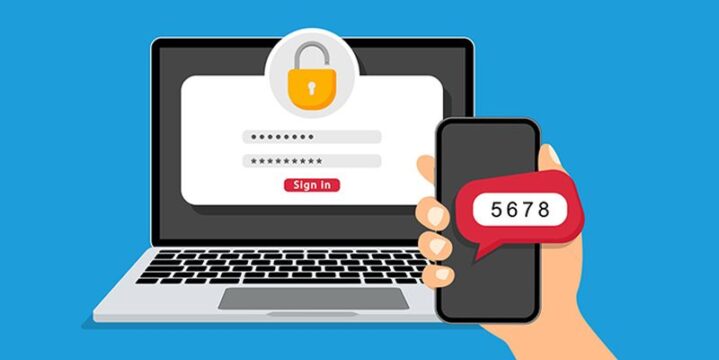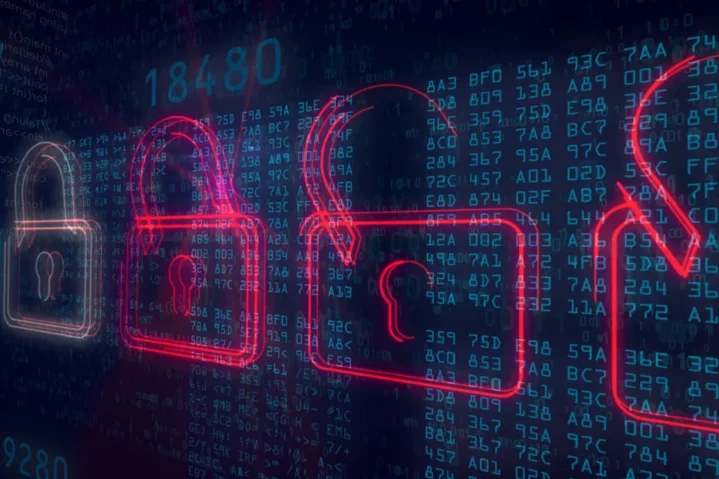In 2025, online Texas Hold’Em is more than just a virtual card game’s a fast-paced, high-stakes ecosystem powered by cutting-edge technology. According to reports, like those from Custom Market Insights, this is one of the most popular card game versions online, helping boost the overall industry value by 12% annually until 2030. With millions of players across global platforms and real money constantly in play, maintaining trust in the fairness and safety of the game is essential. Whether you’re grinding daily tournaments or dipping into a weekend sit-and-go, it’s crucial that everyone at the table is playing by the rules and that those rules are enforced by smart, secure systems.
Below are five technologies and practices that online poker platforms are using to safeguard the integrity of Texas Hold’Em
1. Anti-Collusion Systems: Banning Remote Tools and Virtual Machines
Collusion has long been one of online poker’s most serious threats. In physical casinos, it’s easier to spot suspicious behavior. Online, however, players who coordinate through chat apps or shared screens can gain an unfair advantage without even being in the same room, or country.
To tackle this, top-tier platform Americas Cardroom provides stronger safeguards to prevent such behavior. This is part of the legacy of innovation they’ve cultivated since 2001, including adopting things like crypto and AI. As part of a recent security overhaul, the platform’s official statement on PR Newswire states that they’re banning Virtual Machines (VMs) and remote viewing tools. These technologies allow colluding players to either share screens with teammates or run multiple instances of the game under different aliases.
This kind of crackdown is significant. By eliminating access to these tools, the platform helps ensure that players rely on their skills, not a hidden partner feeding them real-time advice. Anti-collusion technology doesn’t just protect the game it restores trust in the digital poker community.
2. Two-Factor Authentication and Strong Password Policies

While fairness at the table is crucial, security begins long before a hand is even dealt. Player accounts often contain sensitive personal data and substantial bankrolls, making them tempting targets for hackers.
To counter this, modern poker platforms now enforce stringent login protections. Sites like GGPoker, for example, have adopted two-factor authentication (2FA), requiring players to verify their identity with a secondary device such as a mobile app or SMS code. As explained in this overview of authentication types, 2FA adds a powerful second layer of security.
On top of that, players are now prompted to use stronger, more complex passwords combining uppercase and lowercase letters, numbers, and symbols to reduce the risk of brute-force attacks. Some sites even enforce password expiration or lockouts after multiple failed login attempts. These steps may seem like small annoyances, but they play a major role in keeping accounts safe from fraudsters. As the industry grows, expect even tighter user authentication standards to become the norm.
3. AI Detection of Bot Play and Unnatural Behavior
Perhaps one of the most exciting and alarming developments in the poker world is the rise of highly advanced bots. Tools like Pluribus, created by Facebook AI and Carnegie Mellon, have already shown the ability to dominate elite human players in no-limit Texas Holdem. As reported by Science Magazine, Pluribus represents a new generation of AI so powerful it could dismantle traditional online games if left unchecked.
That’s why platforms like PokerStars have invested heavily in AI-based detection tools. These systems continuously monitor gameplay to identify bot-like behavior. They look at timing consistency, bet sizing, click speed, and decision-making patterns, flagging accounts that behave too mechanically or display statistically improbable precision.
The aim isn’t just to weed out bots. It’s to make sure real players don’t face opponents with unfair advantages. These AI detection systems are continuously evolving, staying one step ahead in an arms race against illicit software developers. And they are doing it without compromising the fluidity of the game experience.
4. Dedicated Security Teams and Real-Time Monitoring

While automated systems do a lot of the heavy lifting, the human element remains essential in complex or nuanced cases. Many online poker platforms now maintain 24/7 security teams whose job is to actively monitor, investigate, and resolve suspicious activity.
These teams don’t just rely on automated red flags. They manually review hand histories, identify patterns in tournament outcomes, track IP addresses, and monitor cashout behavior. If an account suddenly starts playing at drastically higher stakes or consistently profits from improbable scenarios, the security team steps in to investigate.
In some cases, this might mean temporary account suspension pending identity verification. In other cases, funds may be frozen until the issue is resolved. While rare, these actions act as a deterrent, signaling to would-be cheaters that there is always someone watching. Security teams also play a key role in fraud prevention and dispute resolution. Whether it’s a case of stolen account credentials or suspected chip dumping, they are the ones tasked with sorting out the truth and ensuring justice is served behind the scenes.
5. Encrypted Communication and Secure Financial Transactions
A fair game doesn’t mean much if your personal data or funds aren’t safe. That’s why online poker sites invest heavily in end-to-end encryption protocols to secure communication between players and servers. These measures prevent unauthorized third parties from snooping on hand data, login credentials, or chat messages.
Transport Layer Security (TLS) protocols, especially TLS 1.3 are commonly used to safeguard this information. This ensures that every action you take on the platform, from buying into a tournament to folding a hand, remains private and secure.
Equally important are the payment systems. Whether users are depositing via credit card, e-wallet, or cryptocurrency, leading platforms partner with licensed and regulated processors to ensure fast, secure transactions. Fraud detection layers scan for unusual activity, while withdrawal policies help verify that funds only go to the rightful owner. In an era where cyberattacks and identity theft are constant threats, these backend technologies are essential—not just for individual users, but for the integrity of the entire ecosystem.
Keeping Texas Hold’em Fair in the Digital Age
Online Texas Hold’em is thriving, but that success brings new challenges. Players expect and deserve’ a level playing field, where outcomes are based on strategy, not software exploits. Thanks to a combination of real-time monitoring, AI detection, encrypted infrastructure, and stricter authentication, platforms are rising to meet that challenge head-on.
For tech-savvy players, security isn’t just a bonus feature’s a requirement. And the most trusted poker rooms are proving that fair play and strong technology can go hand in hand. So the next time you go all-in, you can do it knowing the system has your back.
